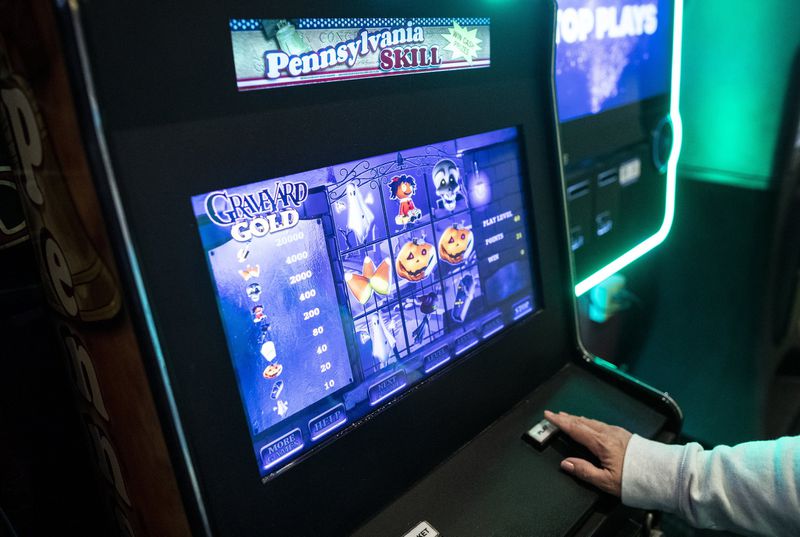For those who don’t know, skill games are interactive games, first and foremost. The interactive element sets them apart from the preprogrammed devices where, irrespective of the player’s activity, the outcome is already determined.
Skill games are a challenge to eye-hand coordination. That is the skill.
Skill games exist in fraternal clubs, veterans organizations and taverns as well as other local businesses throughout the commonwealth. Revenue generated by these skill games is shared with those entities.
If you want to know why skill games are important, just walk into a neighborhood market in western Pennsylvania. Or visit a family-owned restaurant in Lebanon County. Or a Veterans of Foreign Wars location in Bucks County. Or a convenience store in Indiana County.
Skill games are a piece of the small business economy in our state and critical to helping these organizations make it beyond the pandemic.
In short, these games produce local revenue and, perhaps most importantly, skill games can only be played in person. I emphasize, skill games must be played in person, on the premises, where the game is located.
Critics claim skill games take money away from the state’s lottery and casinos, but the facts simply do not support this assertion.
Over the last few years, both lottery and casino revenues reported record-high earnings. Moreover, casino and lottery games are available seven days a week, 24 hours a day, 365 days a year from any remote location by way of a cell phone.
It’s hard to understand how casinos and the lottery could experience negative impacts, given these facts.
A recent study from Peter Zaleski, an economist and former professor at Villanova University, looked at four nearby states with lotteries and no skill games: Delaware, Massachusetts, New Jersey and New York. From 2012 to 2019, Pennsylvania’s lottery sales growth exceeded these states by a rate of 2.2%.
Again, the facts simply do not support the argument that skill games are a threat to the Pennsylvania lottery.
Clearly, skill games are filling a demand unmet by casinos or the lottery. Maybe people just get tired of scratching and want a more challenging undertaking. As stated, skill games must be played in person, on the business’s premises — a key difference compared to the 24/7/365 nature of online sales of casino and lottery games.
Other critics, without legal support, say skill games are illegal. Those statements are contrary to existing court decisions that affirm skill games differ from games of chance and are not under the regulation of the Gaming Control Act.
Given these recent decisions, I want to make sure there is accountability, regulation and enforcement of these games, along with appropriate taxes. That’s why I introduced Senate Bill 950.
Thousands of these skill games exist throughout the state. They cannot and should not be ignored. There is clearly a demand for the type of entertainment these games provide.
Why the demand? Because skill games benefit local clubs and businesses, not the corporate casinos and out-of-state gambling companies.
For years, the owners of Pennsylvania Skill, the prime distributor of skill games in the state, have offered to help establish a control system that would provide tax revenue to the commonwealth exceeding $300 million annually. Senate Bill 950, which does just that, has not been accepted by the commonwealth.
How can we pass up this revenue opportunity for Pennsylvania?
As an aside, Pennsylvania Skill’s game terminals are made by Miele Manufacturing in Williamsport. The games also use internal electronics provided by Pace-O-Matic in Atlanta.
So not only are these machines manufactured in Pennsylvania, but the games support businesses operating throughout the country.
More directly, this manufacturing process provides employment for approximately 200 people. It certainly appears Pennsylvania Skill games provide a dual benefit to the commonwealth.
It’s time we recognize the benefit this emerging industry brings to our state and offer regulatory support so we can ensure it flourishes — safely and responsibly.
Sen. Gene Yaw represents the 23rd Senatorial District consisting of Bradford, Lycoming, Sullivan, Susquehanna and Union counties. He serves as chairman of the Senate Environmental Resources and Energy Committee.
This article was originally published on April 19, 2022, by The Morning Call.

